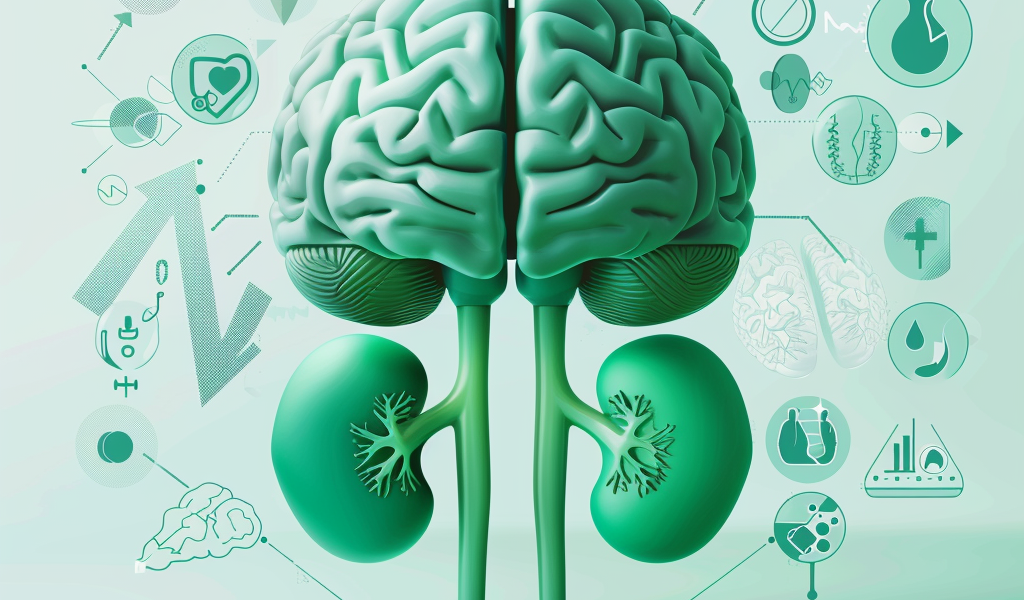Understanding the Connection Between Kidney Problems and Stroke Risk
Recent studies have brought to light the alarming relationship between kidney problems and an increased risk of strokes. Medical professionals emphasize that metabolic risk factors, including hypertension, high blood sugar, obesity, and abnormal cholesterol levels, significantly contribute to kidney disease and subsequently heighten the risk of stroke.
Chronic kidney disease (CKD) has been identified as a critical factor that independently raises the likelihood of stroke. A pivotal study published in the European Heart Journal has revealed that individuals suffering from kidney failure are far more susceptible to heart attacks and strokes, along with a higher mortality rate associated with these conditions.
Dr. PN Renjen, a Senior Consultant in Neurology at Indraprastha Apollo Hospitals, highlighted that patients with diminished glomerular filtration rates—an indicator that kidneys are not effectively filtering waste—face a staggering 40% increase in stroke risk. Furthermore, the presence of proteinuria, characterized by excess protein in urine and a common symptom of CKD, can elevate stroke risk by an approximate 70%.
The intricate relationship between CKD, metabolic syndrome (MetS), and stroke is a topic of significant concern among healthcare experts. MetS is characterized by a cluster of conditions including obesity, hypertension, dyslipidemia, and insulin resistance, and is recognized as a major risk factor for both CKD and cardiovascular diseases, including stroke. Research indicates that individuals with MetS are 50% more likely to develop CKD compared to those without.
Dr. Renjen elaborated on the mechanisms linking these health issues, noting that oxidative stress, inflammation, and endothelial dysfunction adversely impact kidney function while simultaneously increasing stroke risk.
Dr. Darshan Doshi, a Consultant Neurologist at P. D. Hinduja Hospital and Medical Research Centre, further explained that chronic inflammation, insulin resistance, and vascular damage are key factors establishing the connection between stroke and metabolic syndrome. He pointed out that individuals with metabolic syndrome are often at an elevated risk for stroke, a risk that becomes even more pronounced in those suffering from chronic kidney disease, especially patients undergoing dialysis who are more vulnerable to both ischemic and hemorrhagic strokes.
In light of these findings, experts advocate for proactive management of blood pressure, diabetes, cholesterol levels, and body weight through lifestyle modifications. Such measures are crucial in mitigating the risk of stroke among individuals with kidney issues and metabolic syndrome.
As the healthcare community continues to unravel the complexities of these interrelated conditions, awareness and understanding among patients and caregivers remain critical. Addressing the underlying metabolic factors can potentially lead to better health outcomes and a reduction in the incidence of strokes linked to kidney disease.





